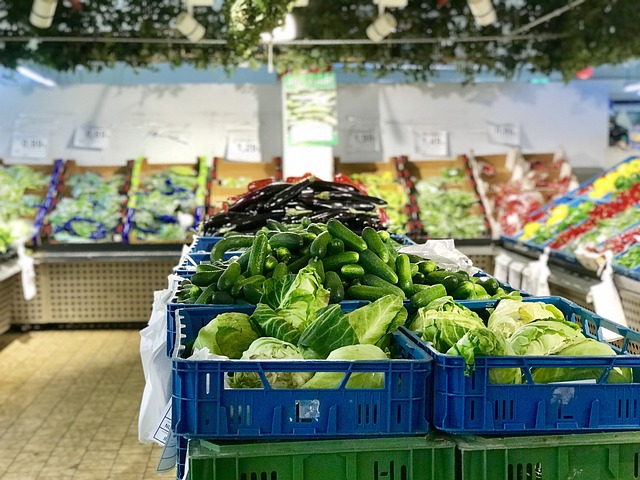Many cities offer Yard Waste Removal and Recycling programs to manage organic materials like grass clippings, leaves, and branches, transforming them into nutrient-rich compost for parks, gardens, and agriculture. These programs reduce carbon footprints, preserve local green spaces, promote biodiversity, and alleviate strain on waste facilities, fostering environmental sustainability and a circular economy while encouraging home composting practices.
In today’s eco-conscious world, efficient yard waste removal and recycling programs are transforming communities. These initiatives play a pivotal role in mitigating environmental impact by diverting organic materials from landfills. This article delves into the intricacies of yard waste recycling, exploring its manifold benefits for communities. We’ll guide you through understanding these programs, implementing effective home practices, and uncovering the positive changes they drive, fostering sustainable living.
- Understanding Yard Waste Recycling Programs
- Benefits of Green Waste Removal for Communities
- Implementing Effective Recycling Practices at Home
Understanding Yard Waste Recycling Programs

Many municipalities now offer Yard Waste Removal and Recycling programs as part of their comprehensive waste management strategies. These initiatives aim to reduce the significant environmental impact of organic waste by diverting it from landfills. Through dedicated collection services, residents can easily participate in this sustainable practice.
The process typically involves setting out designated containers or bags for yard trimmings like grass clippings, leaves, and small branches. These materials are then collected and transported to facilities where they undergo processes such as composting or bio-digestion. This transforms the waste into valuable resources like nutrient-rich compost that can be used to enhance soil health in parks, gardens, and agricultural settings.
Benefits of Green Waste Removal for Communities

Green waste recycling programs offer numerous benefits for communities, enhancing their environmental sustainability and promoting a healthier local ecosystem. By implementing efficient yard waste removal and recycling systems, neighborhoods can significantly reduce their carbon footprint. This process involves collecting organic materials like grass clippings, leaves, and garden trimmings, which are then transformed into nutrient-rich compost or biofuel, fostering a circular economy.
Moreover, these programs contribute to the preservation of local green spaces and promote biodiversity. The recycled materials can be returned to parks, gardens, and public areas, ensuring lush landscapes and providing habitats for various flora and fauna species. Effective yard waste management also reduces the strain on municipal solid waste facilities, prolonging their lifespan and minimizing environmental impacts associated with traditional waste disposal methods.
Implementing Effective Recycling Practices at Home

Implementing effective recycling practices at home starts with separating green waste from other types of trash. Yard waste removal and recycling is a crucial step in reducing household waste and promoting environmental sustainability. Start by setting up designated bins for compostable materials like food scraps, yard trimmings, and plant debris.
Encourage family members to participate by educating them on what can be recycled and the benefits of reducing waste. Simple changes, such as using a composter or recycling bin for organic materials, can significantly decrease the amount of green waste ending up in landfills. These practices not only help conserve natural resources but also foster a healthier environment for future generations.
Green waste recycling programs are a sustainable solution for communities looking to reduce their environmental impact. By understanding yard waste removal and implementing effective recycling practices at home, individuals can contribute to a healthier ecosystem. The benefits of green waste removal extend from minimizing landfill contributions to fostering vibrant, environmentally-conscious communities. Together, we can transform yard waste into valuable resources and ensure a greener future.






